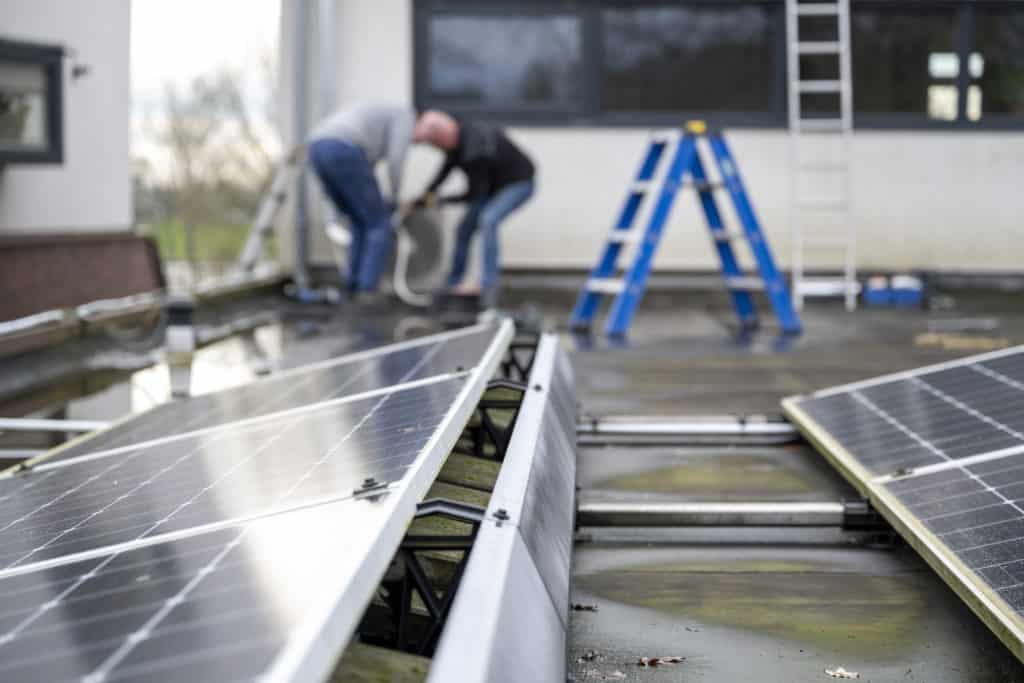
Businesses today are increasingly seeking ways to contribute to environmental sustainability while also finding paths to growth and operational efficiency. The Small Business Administration (SBA) offers two significant loan programs, SBA 7A and 504, designed to finance environmentally sustainable projects. This expanded guide delves deeper into how these loans work, who qualifies, and the benefits they offer.
SBA 7A and 504 Loans for Green Energy
The SBA 7A and 504 loan programs stand out as pivotal financial supports for businesses embarking on green energy projects. These projects range from installing solar panels and wind turbines to upgrading facilities for better energy efficiency. The goal of these loans is not only to support environmental sustainability but also to foster economic growth by enabling businesses to undertake substantial, impactful projects.
Qualifications for SBA Green Loans
To be eligible for green loans from the SBA, businesses must satisfy several criteria, which include:
• Environmental Commitment: Businesses must demonstrate a clear commitment to reducing their environmental impact through energy conservation measures or the generation of renewable energy.
• Size Standards: Applicants must meet the SBA’s size standards for small businesses, which vary by industry.
• Viable Business Plan: There must be a comprehensive and feasible business plan in place that includes detailed projections and plans for the intended green project.
Benefits of SBA Loans for Green Projects
Securing an SBA loan for a green energy project comes with numerous advantages:
• Competitive Interest Rates: These loans often feature lower interest rates compared to conventional financing methods, making them an attractive option for small businesses.
• Extended Repayment Terms: With longer repayment terms, businesses can manage their cash flow more effectively, easing the financial pressures associated with large projects.
• Access to Capital: SBA loans can provide substantial amounts of funding, essential for undertaking significant green initiatives that might otherwise be financially out of reach.
Expanding Green Efforts Through SBA Financing
The support for green projects via SBA 7A and 504 loans is a testament to the growing emphasis on sustainable business practices. By offering financial solutions tailored to the needs of small businesses aiming to make a positive environmental impact, the SBA is playing a crucial role in promoting green energy initiatives across the United States.
FAQ
Q: Can any business apply for SBA green loans?
A: Businesses that meet the SBA’s size standards and have a project focused on reducing environmental impact can apply. A thorough business plan is also required.
Q: What types of projects are eligible for these loans?
A: Eligible projects include those focused on renewable energy generation (such as solar or wind power) and energy efficiency improvements.
Q: How do the interest rates of SBA loans compare to regular bank loans?
A: SBA loans typically offer lower interest rates than conventional bank loans, making them more affordable for small businesses.
Q: Are there limits on how much can be borrowed?
A: Yes, there are limits, but they are generally high enough to cover substantial projects. The exact limit can vary depending on the specific loan program and the project’s scope.
Q: How long does it take to get approved for an SBA loan?
A: The approval time can vary widely depending on the complexity of the project and the completeness of the application. It’s best to consult directly with an SBA-approved lender for specific timelines.
By leveraging SBA 7A and 504 loans, businesses not only advance their green initiatives but also pave the way for sustainable economic growth. These programs exemplify the synergy between environmental stewardship and business development, offering a viable path forward for companies looking to make a difference.